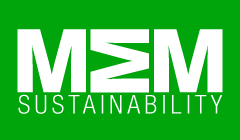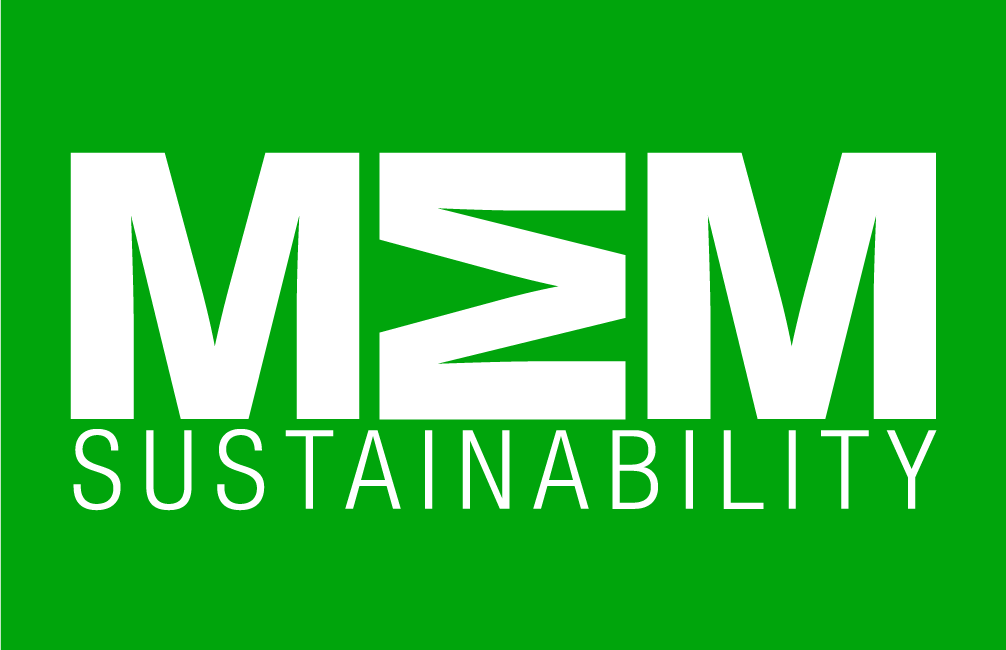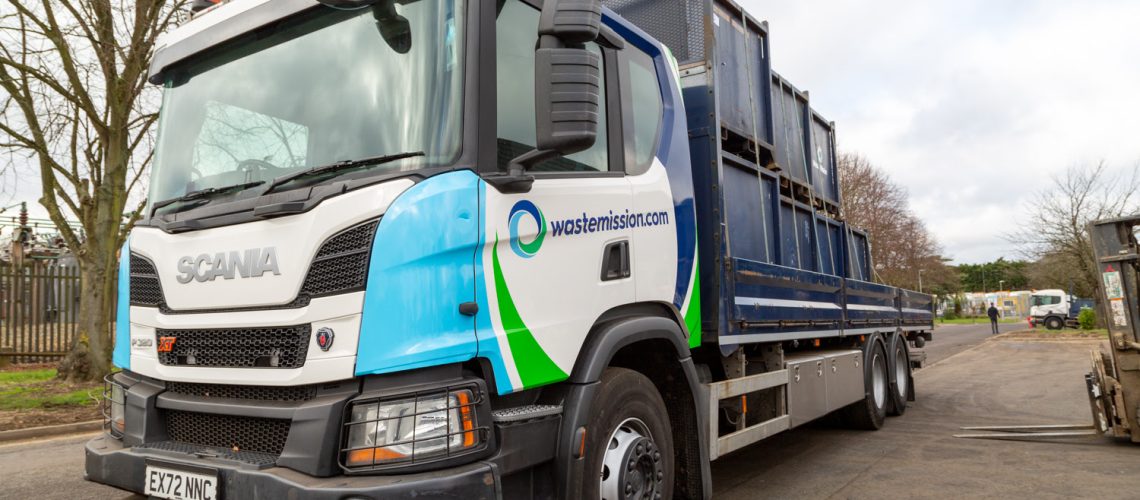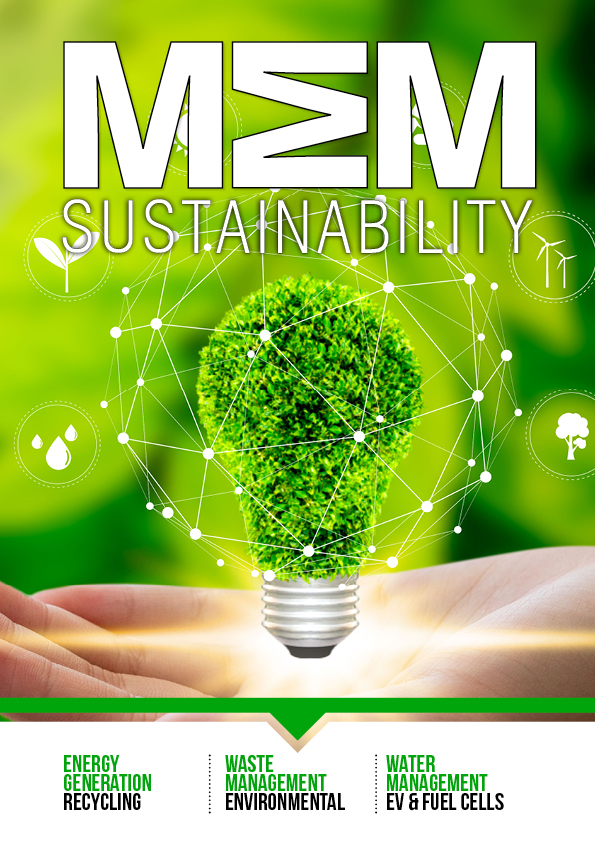Pressure is mounting from customers, investors and regulatory bodies for businesses to become more sustainable – with cutting food waste high on their list of green demands. Waste management specialist Waste Mission urges businesses to rethink their food waste, seeing it as an opportunity rather than a challenge.
By recycling, redistributing, or reprocessing food rather than paying to send it to landfills, businesses can create additional revenue streams, reduce waste management costs, and boost their green credentials.
Nicola Guest, Group Marketing Manager for Waste Mission, points out that the estimated monetary value of the UK’s annual food waste is £21.8 billion.
‘We talk to many businesses across the UK for whom food waste is a major headache, not least for health and safety, and disposal,’ she says. ‘But in fact, there’s no such thing as food “waste”: it’s a valuable commodity we’re just throwing away, with all the risks that poses for people and the planet.’
For example, some pet food producers have made substantial cost savings by working with Waste Mission to find innovative recycling solutions for their food waste, including raw meat, and diverting 100 percent of it from landfills.
Among the food waste management services that Waste Mission provides is anaerobic digestion. This process converts food waste into biogas, a renewable energy source: one tonne of food waste can generate about 300 kWh – enough to power a fridge for four months.
Similarly, rendering is a process that recycles food waste (including bones) into fats, oils, and protein meals used as the basis for animal feed.
The issue of food waste has become more acute amid a cost-of-living crisis, rising food poverty, and the climate crisis. Thirty percent of consumers surveyed by Deloitte last year say they have stopped buying products due to ethical or sustainability-related concerns.
The UK alone produces more than 10 million tonnes of food waste a year (WRAP, 2023), most of which ends up in landfill. Of this, 6.4 million tonnes are edible.
In landfill, decomposing food produces methane, a powerful greenhouse gas. Food production, processing and packaging accounts for more than a third of global greenhouse gas emissions.
The regulatory environment around food waste is tightening. From March 2025, all UK businesses will be required to separate food waste from other types of waste and arrange separate collections from designated containers.
This March, six major supermarkets were among signatories to an open letter to the government calling for mandatory food waste reporting for large firms.
The Courtauld Commitment sets the UK the target of halving food waste (post-farm gate) by 2030 (compared to 2007 levels).
‘The time to act on food waste is now because businesses are going to have to do more and soon,’ says Nicola Guest of Waste Mission. ‘The good news is that in tackling food waste, your business can not only reduce its carbon footprint, but also boost its bottom line.’
Waste Mission offers comprehensive waste management solutions – from waste collection to strategic sustainability planning – for all types of waste streams. It helps businesses transform waste into revenue, comply with industry standards, and strengthen their green credentials, while at the same time often streamlining processes. All its waste processing takes place in the UK.
Book a waste review at wastemission.com
Manufacturing & Engineering Magazine | The Home of Manufacturing Industry News















